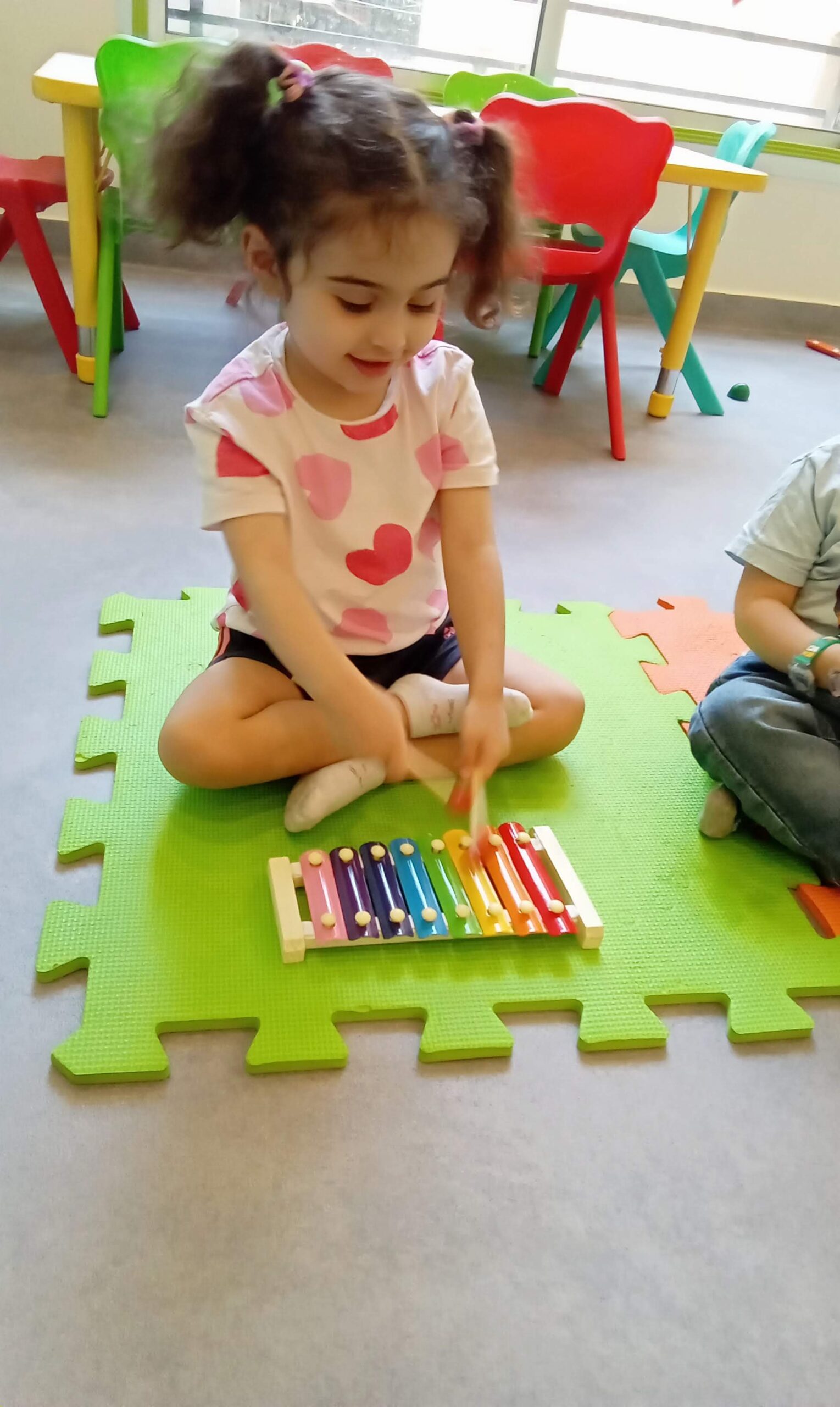How to Find the Best Daycare in Beirut: A Parent’s Guide Finding a daycare or garderie for your child in Beirut requires a thoughtful and systematic approach. By following these steps and substantiating your search with evidence, you can make an informed decision and ensure your child’s safety and well-being.
1. Start with Online Research and Recommendations
Begin by compiling a preliminary list of potential daycares. You can use online directories and websites like Edarabia and Nearby businesses, which often list nurseries and provide contact information. However, the most valuable information often comes from firsthand accounts.
Evidence: A 2018 study published by the Lebanese American University (LAU) on parental satisfaction with childcare services in Lebanon highlighted that personal recommendations and word-of-mouth were the most trusted sources of information for parents. This is because such recommendations often come with insights into a daycare’s day-to-day operations and a more realistic view of the staff and environment.
2. Verify Licensing and Regulations with the Ministry of Public Health (MoPH)
Before you even visit a daycare, it is crucial to ensure it is legally compliant. In Lebanon, the Ministry of Public Health (MoPH) is the sole authority for licensing nurseries. An unlicensed facility may not meet the essential health, safety, and infrastructure standards.Evidence: The MoPH issues a specific set of guidelines and requirements for licensed nurseries. These include:
- Infrastructure: The facility must have separate, designated areas for sleeping, playing, and eating. A 2022 MoPH circular on nursery licensing emphasizes the need for well-ventilated rooms, adequate natural light, and a safe, non-skid floor surface.
- Child-to-Staff Ratio: While the exact ratio can vary by age group, MoPH guidelines stipulate a specific number of trained caregivers per child to ensure adequate supervision and care.
- Hygiene and Safety: The guidelines also mandate the installation of fire extinguishers, secure cabinets for all cleaning supplies and medications, and covered electrical outlets.You can ask the daycare for its license number and verify it directly with the MoPH to confirm its legitimacy.
3. Prioritize Your Needs and Values
Before scheduling visits, create a checklist of your family’s priorities. This will help you narrow down your options efficiently. A 2023 report from UNICEF on early childhood development in Lebanon found that parents prioritize a variety of factors beyond safety, including the educational philosophy, location, and operating hours. Consider whether you prefer a specific curriculum, such as a play-based approach, the Montessori method, or a program following the British or French educational systems, all of which are available in Beirut.
4. Conduct Thorough In-Person Visits
Once you have a shortlist, schedule an in-person tour. This is your chance to observe the environment in the daycare, interact with the staff, and ask detailed questions.Evidence: When visiting, pay attention to the environment. Research from the World Bank on early childhood education programs indicates that high-quality facilities are characterized by:
- Positive Staff Interactions: Caregivers should be responsive, warm, and engaged with the children.
- Cleanliness and Organization: The facility should appear clean, well-maintained, and orderly, with age-appropriate toys and materials readily available.
- Daily Routine: Ask for a sample daily schedule. A predictable routine provides babies with a sense of security and stability, which is essential for their emotional development.
5. Inquire About Emergency Procedures and Child Safeguarding Policies
Beyond general safety, a good daycare should have clear protocols for emergencies and be transparent about their policies. Evidence: In a landmark move, the MoPH and UNICEF partnered to launch a new Child Safeguarding Policy for all licensed nurseries and daycares in April 2025. This policy aims to create a protective environment for children by implementing strict guidelines for handling cases of abuse, neglect, and violence. When you visit, you should ask if the daycare has adopted this policy and how they ensure staff are trained to identify and report any concerns. This is a critical indicator of a center’s commitment to your child’s well-being

